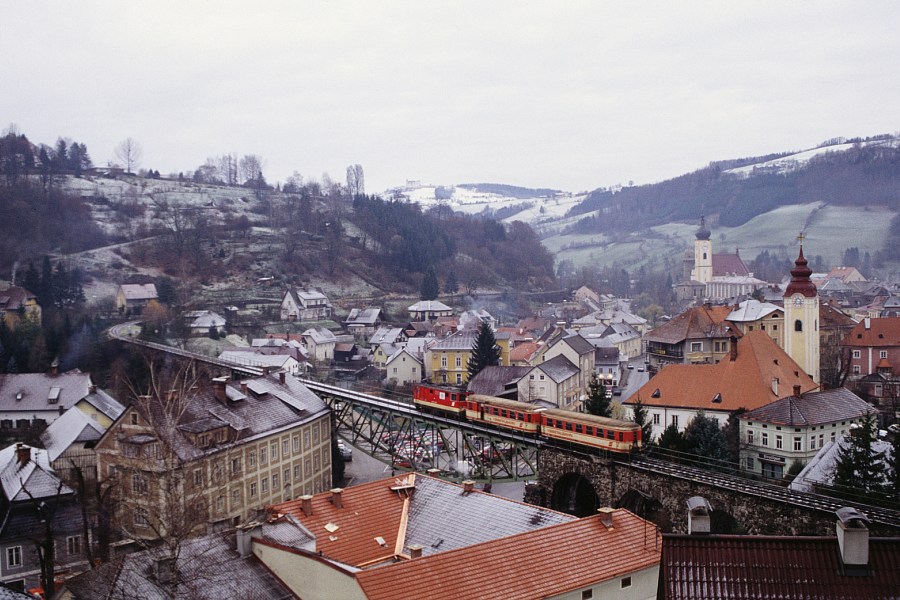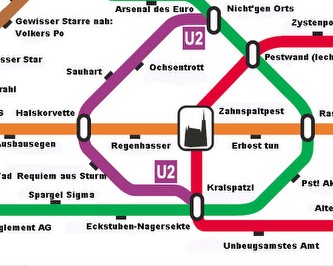A few days ago I went to the cinema in Waidhofen with the other English TA in town, Sophy. The theater is not far from my house, which is fortunate as it is the only one for many kilometers. The theater itself is adorable and, with fewer than 100 seats, has a very personal feel. Unlike theaters in the US, this cinema still uses assigned seating; the box office lady even presented us with a number of options to make sure we got the seats we wanted.
Despite the charm of the theater, I found the film -
Harry Potter and the Heiligtümer des Todes, Teil 1 - somewhat lacking. However, I will leave the panning to the real critics and focus, instead, on criticizing the terrible German dubbing.
Larger cities, namely Vienna, often have English movie theaters, but most cinemas play American films in the German language. They employ voice actors called
Synchronsprecheren, who are almost never famous in their own right. The dubbing often looks completely ridiculous and unsynchronized and, what's more, the same American actors will be replaced by different German voices in different films. In the Harry Potter series, the same actors in the same roles even have different voices in each installment.
In addition to HP7, I also recently watched
Sleepless in Seattle dubbed for a German television station (I am not ashamed). In one especially absurd scene, Meg Ryan and Rosie O'Donnell mouth the German words to the Cary Grant movie
An Affair to Remember, also dubbed in German, resulting in a rare and basically unintelligible instance of "double-dubbing."
(I will say that I understood only about 40% of the dialogue of these films, which spared me from fully internalizing the sappiness of both
Harry Potter and
Sleepless in Seattle).
I think that a better approach to American films (or the occasional
other foreign films) is to watch with German subtitles, rather than proper German voices, just as the best way to watch a German movie is with English subtitles. I do understand, however, that a disproportionate amount of films and television programs in Austria, as elsewhere, come from the United States. Thus, the dubbing of Hollywood, while atrocious, is perhaps an appropriate defence of non-English languages in a globalizing world. I still think it's silly.




























